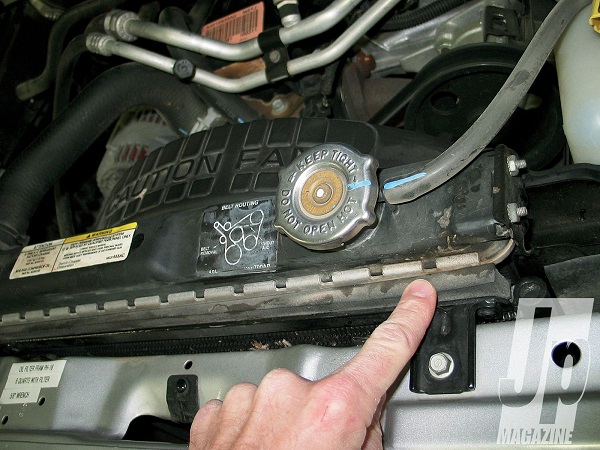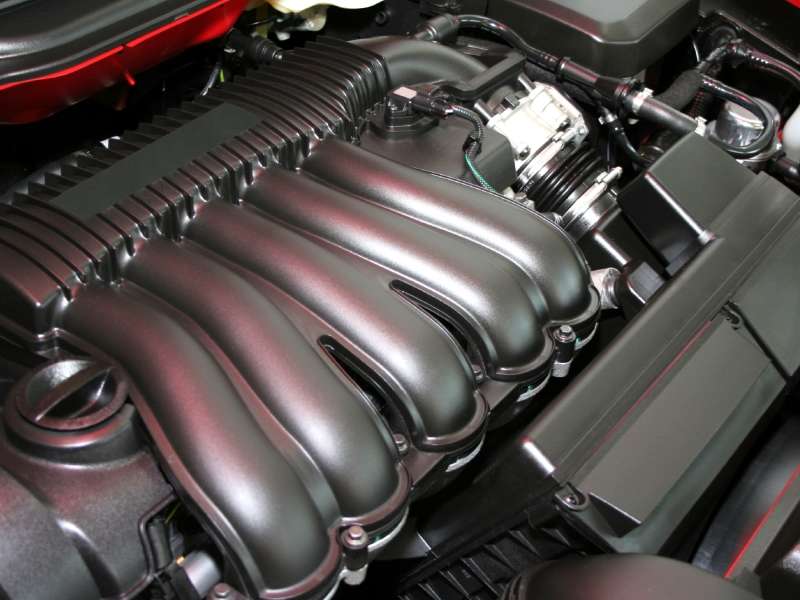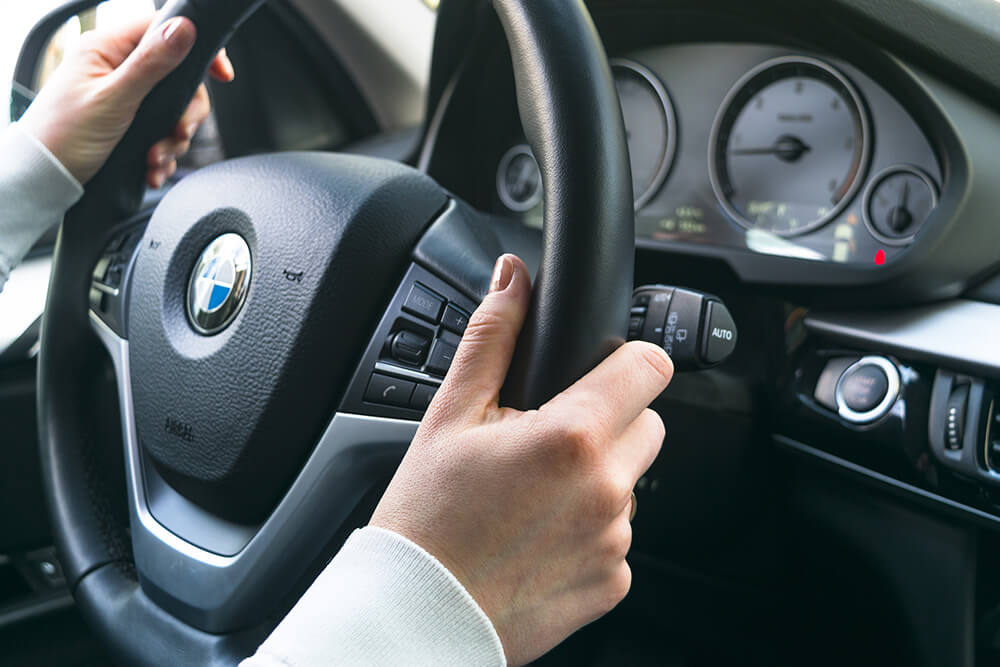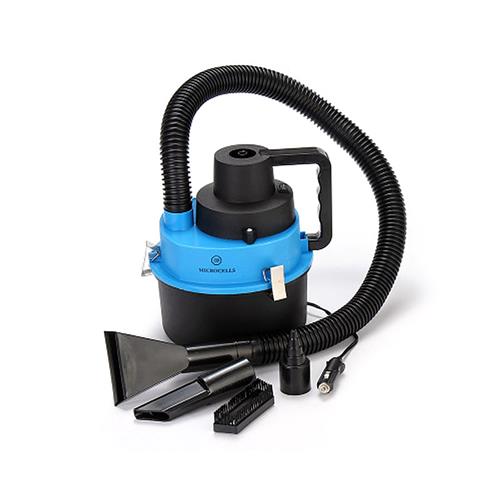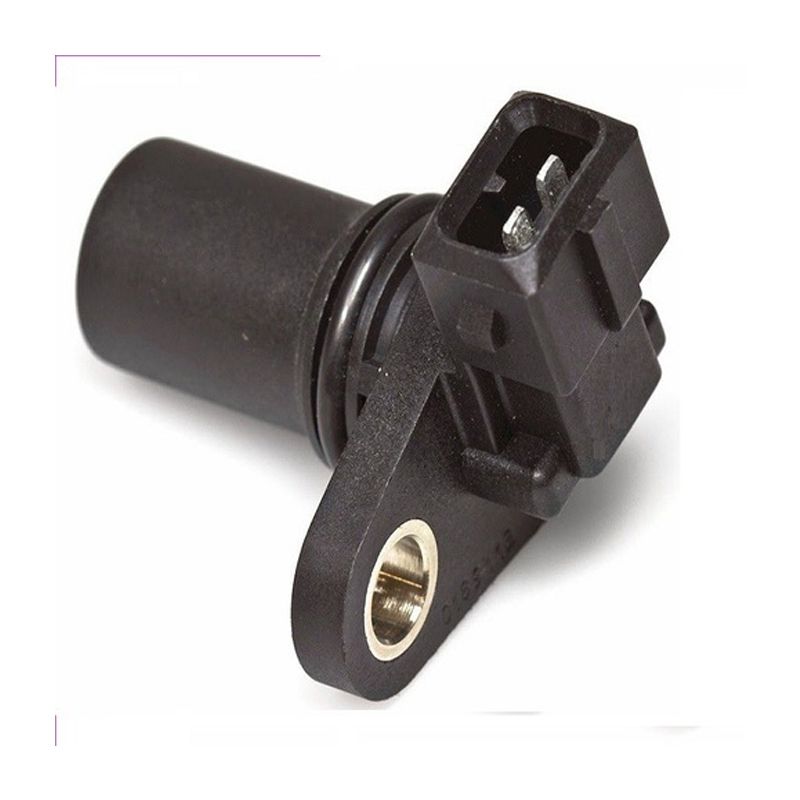It can be really frustrating when you get into you car and find it difficult to turn the steering. In this guide, we are going to consider ways on how to unlock steering wheel. Before this let’s look at the things that’s responsible for locked steering.
Causes Of a Locked Steering
A locked steering wheel, in most cases, does not indicate a problem with your car, but rather that you have activated one of its safety measures. The lock will only activate if you crank the wheel a few degrees left or right when the vehicle is turned off, at which point the lock will engage with one of the lock slots, preventing it from moving any further.
The steering wheel lock can be activated for two reasons. First and foremost, it’s an anti-theft device: if your automobile is broken into, the steering wheel will be locked in one direction. Second, it’s a safety feature: if you park on a slope and move your wheels toward the curb, the steering wheel will be locked, preventing the vehicle from rolling down the hill if the parking brake fails.
Let’s now consider how you can unlock your steering wheel if it is locked.
How To Unlock Steering Wheel
We are going to show you how to unlock steering wheel in cars with ignition cylinders as well as the ones with start button.
Cars With Start Button
In essence, the steering wheel lock is an electronic deadbolt. Wiggle the steering wheel with your left hand, putting a lot of pressure on it. At the same time, tap the start-stop button with your right hand. Do not put your foot on the brake. Without starting the engine, these actions should put your ignition in ACC mode and unlock your steering wheel.
Cars With Ignition Cylinder
The ignition cylinder is directly connected to the steering wheel lock. To free your steering wheel, jiggle the steering wheel left and right with sufficient power using your left hand. At the same time, turn the ignition key from the LOCK position to the ACC (accessory) or START position with your right hand.
Other Ways To unlock Your Steering Wheel
Other factors can cause the steering wheel lock to wear out, break, or malfunction. Try spray lubrication or a different key on vehicles with an ignition cylinder. Replacement of the ignition cylinder may be essential if it is worn or broken. Check the key fob batteries or try a different fob for vehicles with push-button start. If you still can’t unlock your steering wheel, it’s possible that you’re dealing with an electrical or electronic issue.
The best approach to avoid a locked steering wheel is to steer it where you want it, park the car, release the steering wheel, put the transmission in PARK, and turn off the engine. Then, until you’re ready to restart the engine, don’t touch the steering wheel.
Why Does My Steering Wheel Shake?
After considering how to unlock steering wheel, we now want to consider the top reasons why steering wheel shake when you’re driving or applying hand brake.
When the steering wheel begins to shake, no driver enjoys it. This is a dead giveaway that something is wrong with your car, and it can make driving excessively uncomfortable and frightening. If the road is smooth but your ride is still jerky, there’s no one to blame but yourself and your vehicle. Waiting for the problem to go away will only make things worse, so we strongly advise you to take action as soon as possible if your steering wheel begins to shake.
A shaky steering wheel can be caused by a variety of factors, some of which may surprise you. Depending on how your automobile shakes, it may reveal information that can assist a mechanic in resolving the problem. Once you’ve identified the issue, keep track of when it becomes worse. Is it, for example, worse at high or low speeds? Is it more difficult when you’re braking? All of these information can help a professional figure out why your steering wheel is unstable.
Tires Out Of Alignment
This is by far the most evident and common cause of a shaky steering wheel. Your vehicle’s suspension and steering wheel may shake if your tires are out of alignment or out of balance. If this is the case, you won’t notice the shaking as much at lower speeds as you will at higher ones. Shaking from out-of-balance tires is most likely to begin when you’re traveling at speeds of 50 miles per hour or more, though it may fade away at higher speeds.
In this circumstance, the first thing to check is if all of your tires are properly inflated. If one or more of your tires are flat, you will lose balance, making it difficult to steer the car effectively. The tread of the tire should be considered after all of the tires have been properly inflated. If your tires are unevenly worn, you may be able to have them rotated, or you may have to replace them entirely. In any case, having your automobile drive more smoothly and safely will be worth it.
If the tires themselves appear to be in good condition but the problem persists, the problem could be anywhere between the tires and your steering wheel. An accident, for example, may have bent or otherwise damaged your axle, preventing the tires and steering wheel from communicating correctly through the powertrain. This could be the issue if you detect unexpected jerks in the steering wheel.
Finally, shakiness caused by a lack of control between the steering wheel and the tires could be caused by the wheels themselves. If your steering wheel wobbles excessively, it could mean your wheel bearings, tie rod ends, or ball joints are damaged. Take note of when you feel the most shake while driving to help a mechanic diagnose and fix the problem. Is the shaking more noticeable whether you’re cornering or driving straight?
Issues With Brake Rotors
It’s possible that your rotors are out of round if your steering wheel shakes a lot while braking. To put it another way, the rotors have begun to wear out, lose their shape, and warp. When you press your foot down on the brake pedal in this situation, you’re likely to experience some vibrations. Because the brakes are such a vital part of your car because they allow you to stop safely, it’s critical to have this problem addressed as soon as possible.
Even if your brakes are brand new, vibrations during braking indicate a significant problem. It’s conceivable that the rotors weren’t placed correctly, and the vehicle is vibrating because the brake pads can’t clamp together tightly enough. Take your car to the nearest auto shop as soon as possible, and the mechanics will examine your brake rotors to see if they need to be resurfaced, replaced, or just adjusted.
It’s also possible that the issue is caused by the brake pads. If the rotor is still in good shape, it’s time to focus on the brake pads. If the vibration gets worse when you apply the brakes, it’s almost certain that the issue is with the braking system. Although the rotors and pads are the most likely culprits, it’s critical to look at the complete system until the issue is recognized and fixed.
Worn Out Suspension Parts
In addition to difficulties with the tires and braking rotors, suspension and alignment issues can cause shaking when driving. Shaking caused by a worn ball joint or tie rod is more common in older automobiles than in modern ones, so keep this in mind if you’ve been driving the same vehicle for a long time.
Simply said, the suspension components can get loose and develop play, so as you get your car above 45 miles per hour or so, you’ll start to experience some pretty significant vibrations. If this sounds like what’s been happening with your automobile, it’s advised to stop driving it and take it to a mechanic as soon as possible to avoid exacerbating the problem.
What are common causes of steering wheel lock?
If your steering wheel locks up while you’re driving, the most common cause is a lack of power steering fluid or dirty power steering fluid. If the system has sprung a leak as a result of damage, there may be a lack of fluid pressure in the system.
Can a steering wheel lock while driving?
Although it is feasible, having your vehicle’s steering wheel lock while driving is quite uncommon. While the vast majority of current automobiles have some form of automatic steering locking, this feature is only activated once the ignition is turned off and the vehicle is parked.
Does a steering wheel lock work?
A steering wheel lock is a visible barrier to vehicle theft that is both effective and inexpensive. A steering wheel lock, like any other security mechanism, is not impregnable. This is why steering wheel locks are such a good deterrent and why you should have one in your vehicle.
What happens when a steering wheel is hard to turn?
A shortage of power steering fluid in the system is the most prevalent cause of a stiff steering wheel. If there is fluid leaking from the pressured hose area, this problem can occur. For the time being, filling the power steering tank with liquid will solve the problem, but the leak must be addressed.
How much does it cost to fix a steering wheel lock?
Because the steering system is made up of many different parts, the cost of repairing a steering-wheel lock is entirely determined by the part, labor, and reason for replacement. The majority of fixes cost between $150 and $1000.27.


